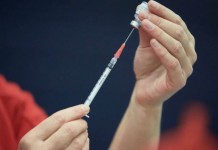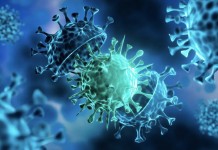Scientists pointed to animals likely to carry a virus similar to SARS-Cov-2. Here are the details of the remarkable work…
Researchers are focusing on new studies on SARS-Cov-2, the source of the COVID-19 disease. This family of viruses, which has pushed the whole world into a closure for about two years, has been threatening living life since the past. However, it is possible to understand this by looking at the new type of coronavirus that has killed millions of people around the world. Therefore, scientists are investigating possible sources of future pandemics.
Rodents could be the next source of SARS-Cov-2!
According to the news of Sputnik, a group of scientists recently published an interesting study in PLOS Computational Biology. Scientists stated that rodents can spread viruses at the same time as they carry the virus asymptomatically. This important work features the signature of Princeton University researchers.
(Photo: Sputnik)
Researchers continue to explore the most likely sources of the SARS-CoV-2 virus. Many of these studies focus on bats. However, some scientists concluded that this virus can be found in rodents such as mice. The team explained that rodents can carry viruses similar to the SARS virus asymptomatically. So the researchers pointed out the possibility that the next devastating pandemic might come from mice.
The research team analyzed various mammalian species, centered on the receptors to which SARS viruses bind. The findings showed that some rodent species had been repeatedly exposed to SARS-like coronaviruses in the past. They also appeared to have developed some resistance to them.
The study explained that the ACE2 receptor that SARS viruses use to enter a cell evolved in mice. One of the authors of the study, Professor Dr. “This raises the possibility that some modern rodent species are asymptomatic carriers of SARS-Cov-2-like coronaviruses,” said Mona Singh. said.
Finally, scientists focused on the possibility of transmission of the SARS-CoV-2 virus from animal to human. They stated that such studies are vital to prevent future epidemics. However, they also stressed that this work should not lead to campaigns against any living species.




